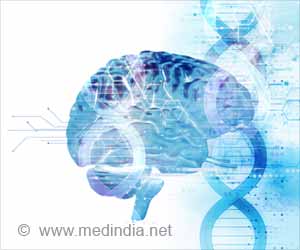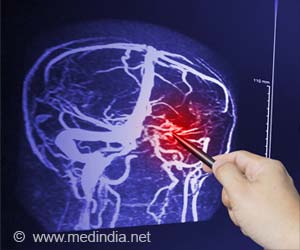A new study from the National Institutes of Health (NIH) in the U.S. has led to the identification of a mechanism in the immune systems of mice that can lead to the development of autoimmune disease when inactivated.
Dr. Marko Pesu of the National Institute of Arthritis and Musculoskeletal and Skin Diseases (NIAMS) says that the findings shed light on the processes that lead to the development of autoimmunity, and could also have implications for the development of drugs to increase the immune response in diseases such as cancer and HIV.He joined forces with experts at the National Institute of Allergy and Infectious Diseases (NIAID) to study immune system T cells - specifically the helper T cell, an immune system component that helps other cells fight infection.
The researchers focused on the protein furin, an enzyme that plays an important role in the functioning of T cells.
With the aid of Belgium scientists, the research team created a mouse without furin only in T cells.
The researchers observed that mice lacking furin in these cells developed systemic autoimmune disease, suggesting that the immune systems of the mice attacked their own cells and tissues throughout their bodies.
"We already know that furin seems to have roles in a variety of human diseases, such as cancer, cystic fibrosis and infectious diseases. These findings show that having no furin in certain immune system cells can increase the immune response and lead to autoimmune disease in mice," says Dr. Pesu.
Advertisement
The researchers further observed that mice lacking furin in regularoty T cells had lower levels of a specific protein, TGF-ß1, which is important for their ability to preserve immune tolerance.
Advertisement
"Inhibiting furin has been thought to reduce growth of malignant cells or to block infections by preventing essential activation of a pathogen. However, these results suggest that the development of drug interventions could have an unexpected side effect of increasing the risk of developing autoimmune disease," says study author and NIAMS' Scientific Director John J. O'Shea, M.D., chief of the NIAMS' Molecular Immunology and Inflammation Branch.
Source-ANI
RAS/L








